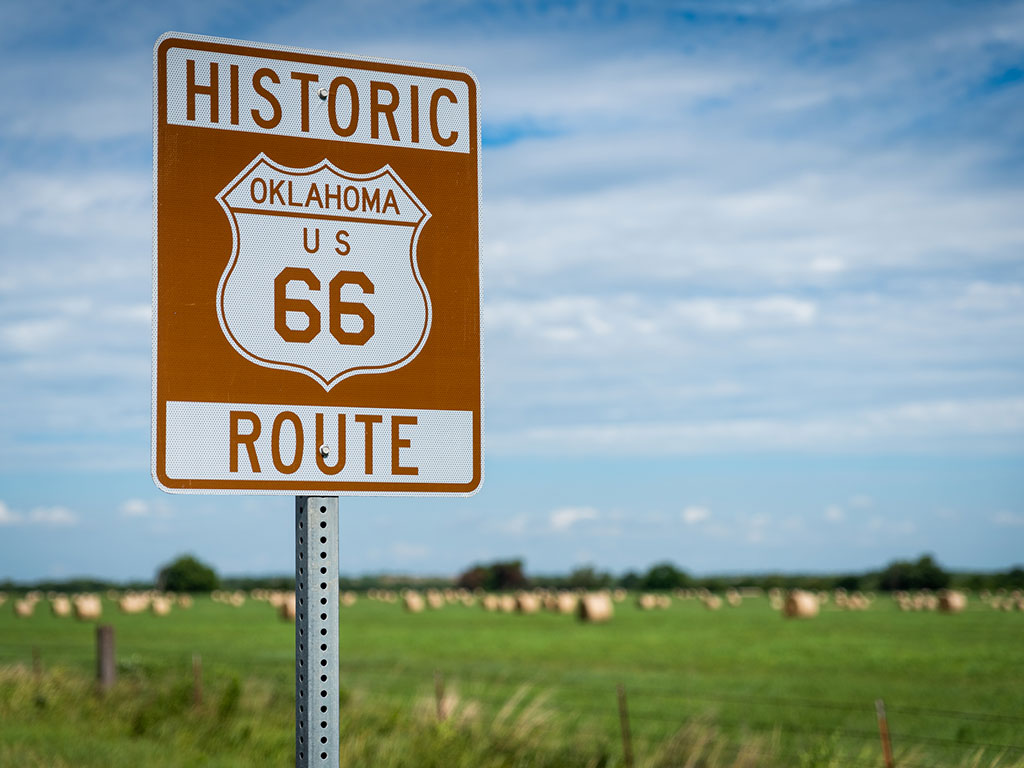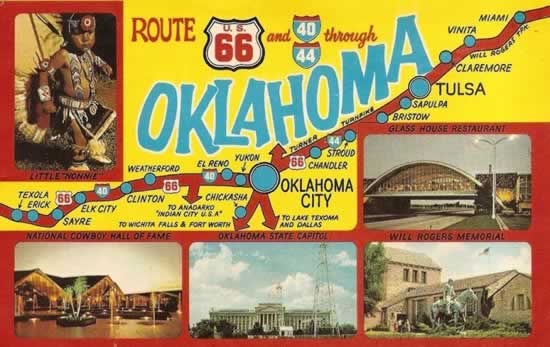
Make Route 66 a National Historic Trail?
It’s what U.S. Sens. Jim Inhofe, James Lankford and Ted Cruz of Texas proposed in the filing of a bill to amend the National Trails System Act. Their bill, according to the announcement incorporates important safeguards to ensure that no future potential harm to energy development projects occur as a result of the designation.
Route 66, also known as the Will Rogers Highway, is more than 2,400 miles long, stretching from Chicago, Illinois to Santa Monica, California, and crossing through eight states. In Oklahoma, Route 66 runs for over 400 miles through Tulsa and Oklahoma City.
“Oklahoma is home to the longest drivable stretch of ‘America’s Main Street,’ which earned its name from decades of connecting small businesses and rural communities with visitors from around the country,” said Inhofe.

“Museums from Clinton to Elk City to Chandler highlight the impact of this road as a representation of American pioneer values. I am proud to re-introduce this bill with vital protections for energy infrastructure, alongside Sens. Lankford and Cruz that will ensure Route 66 receives the recognition it deserves as a National Historic Trail.”
“Oklahomans know well the value Route 66 has had on tourism, transportation, and culture in our state,” said Lankford.
“I think most people assume Route 66 has already received any and all historic designations and protections it needs at this point due to its longstanding popularity as a fixture of American culture, but it still has one more national recognition left: the Registry of Historic Trails.
Cruz supported the measure saying he was proud to work with Senator Inhofe to designate the highway as a historic trail.
“Adding this designation will ensure not only that this highway’s impact is fully recognized, but will also safeguard the U.S. energy industry, which is vitally important to Texas.”






